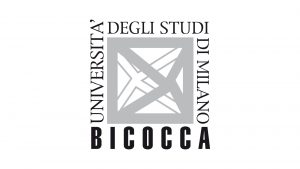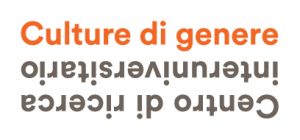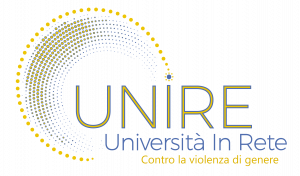Social Change in a Feminist Perspective:
Situating Gender Research in Times of Political Contention
11th European Feminist Research Conference
15-18 June 2022, University of Milano-Bicocca, Milan, Italy
The contribution of feminist, transfeminist and lgbtqia+ reflections − thanks to their intersectional perspective − is capable to enrich and invest the central themes of social transformations, offering spaces for new alliances in cultural and political struggles. Additionally, social change is a complex enterprise that can be approached only through a multidisciplinary and intersectional prism, and feminisms teach us precisely how to combine different approaches, methodologies and practices to understand such complexity and to produce change.
The current pandemic crisis is bringing to light the unsustainable and deadly contradictions of the socio-economic and environmental system in which we live, both at the global and at the local level. Around us we see polarized responses: heightened individualism, a refuge in populisms, new policies of control of bodies, borders and territories, attacks on rights and delegitimization of social justice demands, backlash in the cultural and social − but also self-organized solidarity and mutualism from below, and a widespread rethinking of existential and collective priorities. In this situation, which responses can be advanced from feminist and intersectional standpoints?
An active investigation on what spaces / relations / canons we build, how we inhabit them, which relationships these spaces/relations/canons embodied is a vital question that flows over the threads of time.
Against this background, the need to call into question the gaze through which we acknowledge social change becomes an imperative.
In the current highly mediated context who / from where / through which languages participate in the production of knowledge that contributes to shaping livable spaces? What does it mean to imagine, to enact and to analyse “social change” from a feminist perspective?
Which role does the legacy of past radicality play in the contemporary transfeminist movements, their practices and analyses?
How does a feminist social and political agenda look like, in a time of growing inequalities, of dramatic environmental crisis, and of general backlash on sexual and reproductive rights? What are the new struggles which feminist knowledge has to face, and which methods are more suitable to confront them?
In order to rethink the future, we start from the issues that are at the heart of the production / challenge of norms: gender/s, sexualities, race, class, age, disability, coloniality, embodiment.
A wide range of research topics and methodologies can be addressed under the broad theme of a critical approach to social change. We invite contributions from any discipline and are open to a diverse array of feminist, intersectional, gender, queer and postcolonial approaches. There are 10 thematic strands, whose individual Call for Papers can be found in this website.








